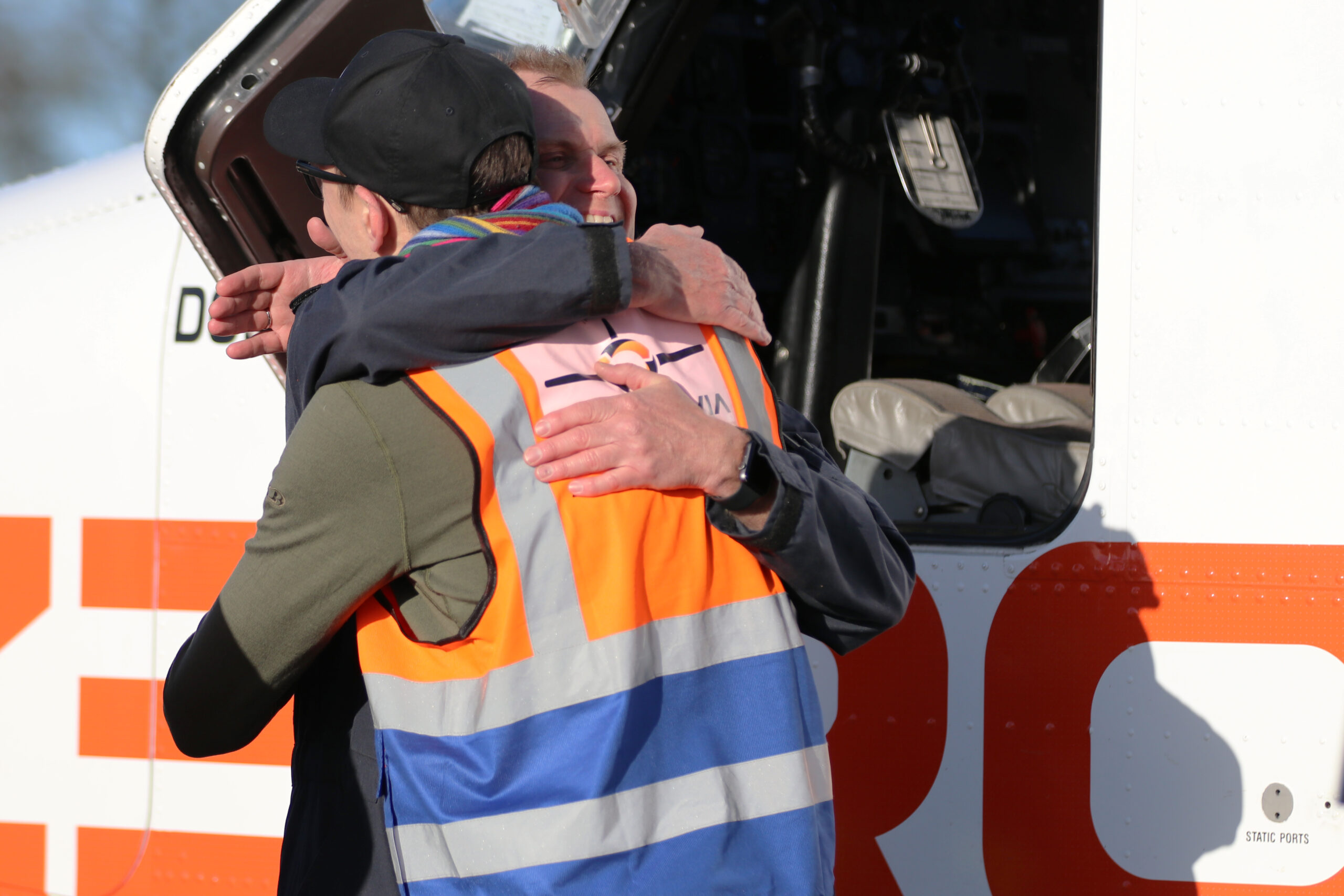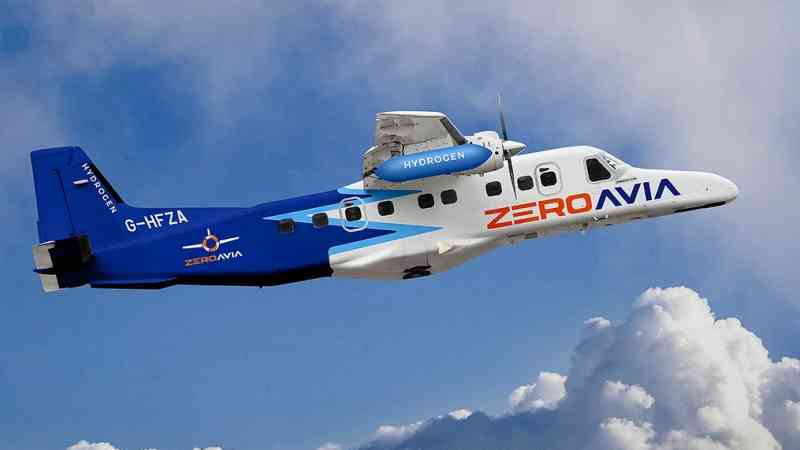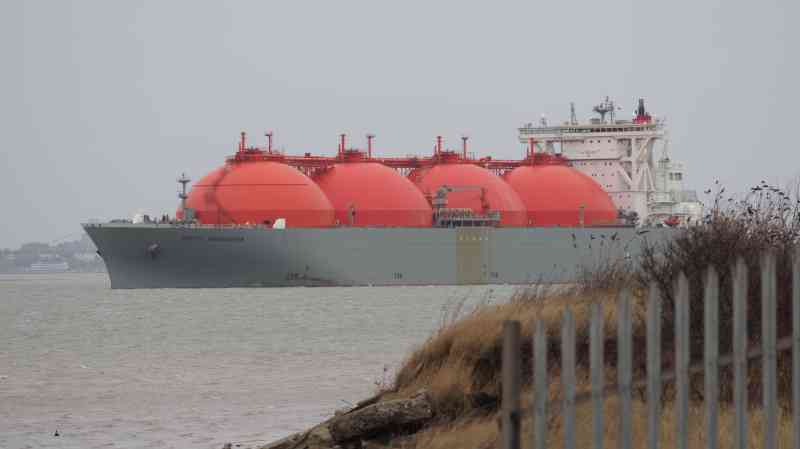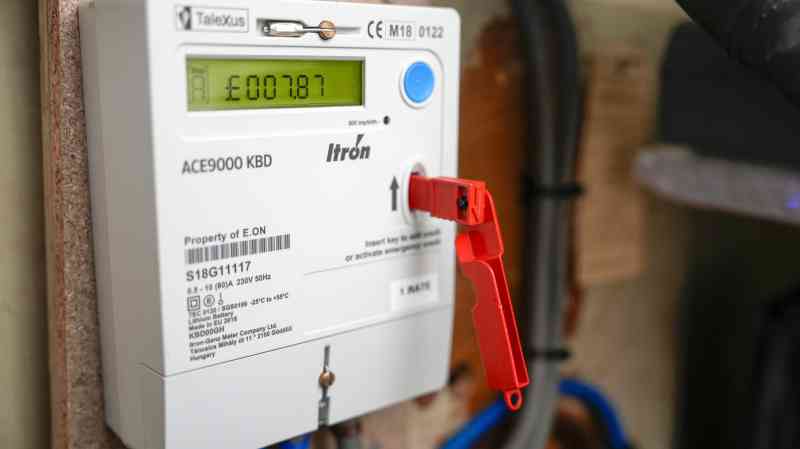Birmingham Airport set for hydrogen take-off with ZeroAvia deal
Birmingham Airport aims to become the first in Britain to operate commercial zero-emission hydrogen-fuelled flights — and by as early as 2025.
The ambitious goal follows the signing of a partnership with the British start-up ZeroAvia whose first trial flight of a 19-seater passenger aircraft powered by hydrogen fuel cells took place last month.
ZeroAvia, which has £150 million of backing from Bill Gates, Amazon, British Airways and Shell, hopes to fly its first Civil Aviation Authority-approved point-to-point trial from Cotswold Airport to another local airfield this spring. It is confident that it will have an 80-seater regional aircraft commercially operational by 2028.
Birmingham Airport wants to be ZeroAvia’s UK hub. The company is also working with Rotterdam Airport.
While the 19-seater is likely to be used initially for cargo, given its range of 300 nautical miles, Birmingham is eyeing potential passenger services to Glasgow, Aberdeen, Belfast and Dublin — so long as those airports follow Birmingham in installing hydrogen refuelling infrastructure.
An 80-seater zero-emission aircraft with a range of 1,000 nautical miles would open up round-trip flights around the UK and services to the Continent and the Mediterranean.
The government’s net zero plan wants all UK domestic flights to be zero-emission by 2040. Birmingham, which has its own decarbonisation plan, has signalled it wants to meet that target by 2033. “Birmingham Airport can be a central spoke in a green flight network in the UK, given that any domestic mainland destination will be reachable from the airport using our first systems in 2025,” Arnab Chatterjee, infrastructure director of ZeroAvia, said.

Simon Richards, Birmingham’s chief financial officer, said the airport envisaged UK regional zero-emission flights — with as yet unnamed operators — connecting to larger conventionally-fuelled international services.
ZeroAvia is retrofitting turboprops, 19-seater Dornier and in future 80-seater De Havilland Canada Dash 8-400s, with tanks of hydrogen which is converted by fuel cell stacks to energy taken to electric motors that power the propellers. The only emission is water. It is talking to potential new-entrant airframe makers to build all-new hydrogen aircraft of the future.
Sergey Kiselev, the ZeroAvia director overseeing development, said the company had decided to base itself in the UK rather than the US because at the time President Trump’s administration was not supporting such ventures. Innovate UK, Britain’s Aerospace Technology Institute and the government’s HyFlyer hydrogen programme stepped in. ZeroAvia has received upwards of £20 million of matched-taxpayer funding.
“The UK is a very important place for aviation and the southwest and Midlands have an aerospace supply base and huge engineering talent,” he said.
ZeroAvia claims to have orders for 1,000 hydrogen fuel cell aircraft from around the world including carriers such as American Airlines and United Airlines, ASL, the Irish cargo operator, and Monte Aircraft Leasing.




Post Comment